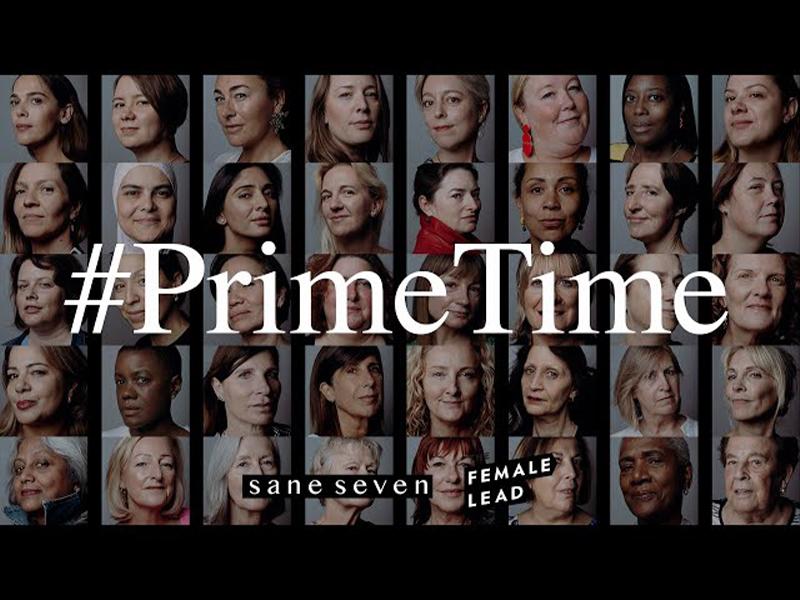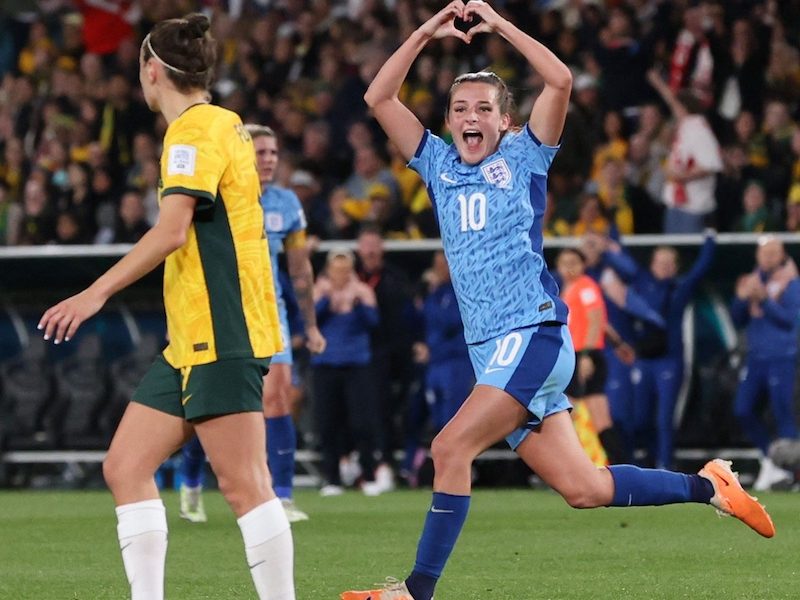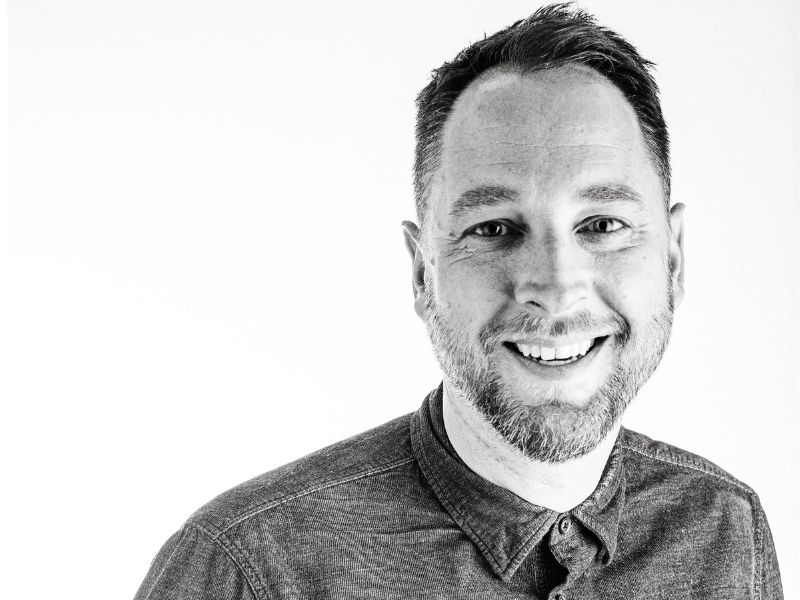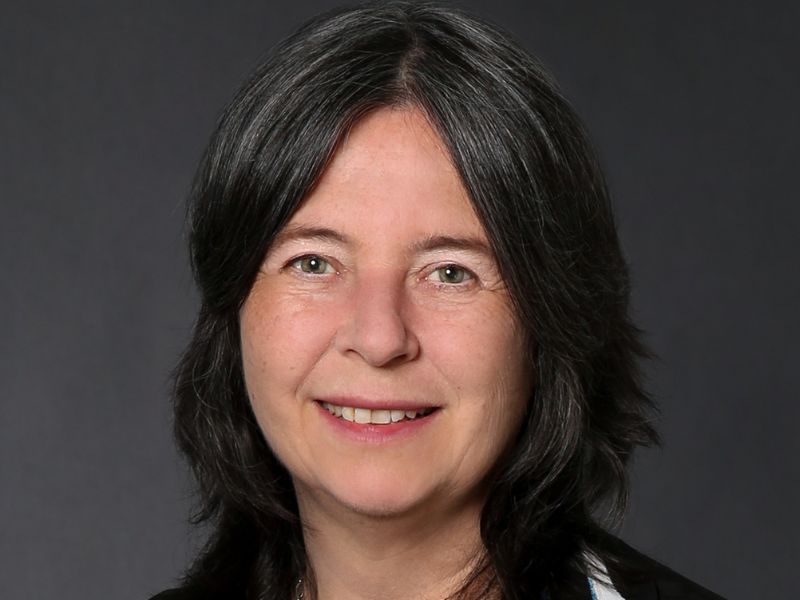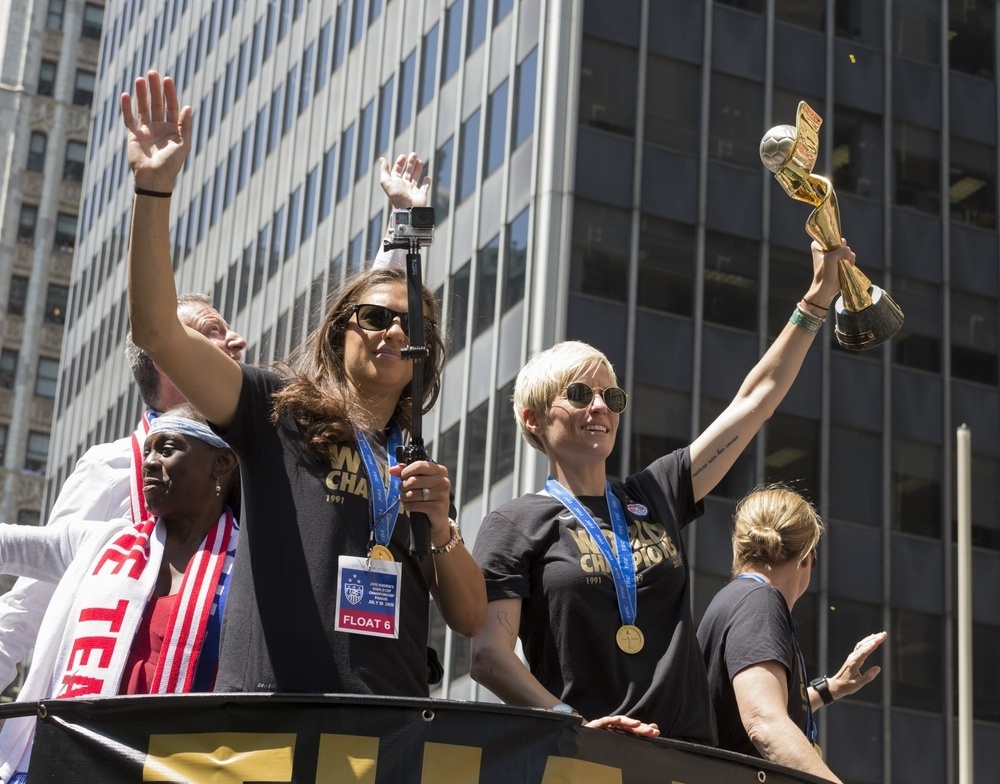
By Charles Bendotti, Senior Vice President People & Culture, Philip Morris International
Like so many around the world, I found myself caught up in the frenzied excitement of the Women’s World Cup, leaping up at last-minute winners, gasping at the drama of penalty shoot-outs.
Records were smashed on and off the pitch, including a global audience of 59 million for Brazil’s game against hosts France, the most watched women’s soccer match of all time.
Being a passionate sports fan, I’m in awe of those who reach the top of their game through hard work, dedication and commitment. They are beacons of inspiration for the next generation, proving the highest accolades are achievable with an optimum blend of practice, talent and passion.
Every player that qualified for the Women’s World Cup is a winner and a champion in their own right. But leading the pack by some distance is undoubtedly the U.S. team—who won their fourth World Cup title this year.
Despite this unrivalled feat, they’re not receiving fair remuneration. I’ve been engrossed by the debate over equal pay, prompted by the U.S. team’s ongoing fight for parity in the women’s game.
In March, 28 players from the U.S. squad sued the U.S. Soccer Federation for discrimination, accusing the governing body of short-changing them in pay and working conditions in comparison to the men’s team, which didn’t qualify for the men’s World Cup last year.
At their victory parade in New York last week, U.S. midfielder and World Cup Golden Boot winner Megan Rapinoe hammered home the message. Asked what her outstretched-arms celebration symbolized after her goal in the quarter-finals against France, she replied: “That was me representing everyone fighting for the same things as I am—equal pay, more attention to race relations […]. [I’m] saying, you will not silence us, you will not take the smile off our face, you will not take anything from us. We’re coming. We’re here. We’re not leaving.”
Megan’s call to action is a stark reminder of how far we have to go to balance the scales of equal pay for equal work carried out by women and men—irrespective of industry or sector.
At PMI, there is no such tipping of the scales. We embrace everyone, regardless of gender, culture, age, ethnicity, sexuality or disability, because we’re all contributing equally to the same goal on our journey to #unsmoke the world.
PMI earned the first global EQUAL-SALARY certification in March of this year. This is something we’re exceptionally proud of, and we recognize the importance of diversity as we push forward on our mission to rid the world of cigarettes. If both the U.S. women’s and U.S. men’s soccer teams were employed at PMI, they’d end up with matching paychecks at the end of each month. So why there’s such disparity in their sporting wages is bewildering to me.
On the plus side, the movement orchestrated by Megan Rapinoe and her fellow professional footballers is a call to action other industries should not ignore.
From a personal perspective, as a father of twin girls and a boy, I refuse to accept my daughters will be paid less for the same role as my son, just because of their gender. How preposterous that one’s monetary value could be judged exclusively on chromosomes. And yet, that has been the case for so many years—and still is in many organizations.
Gender equality is sometimes misconstrued as a box-ticking exercise. This is absolutely not the case at PMI, where Pricewaterhouse Coopers (PWC), EQUAL-SALARY Foundation’s official audit partners, interviewed PMI’s affiliate management teams all over the world about their commitment to equal-pay principles and gender equality. PMI also held focus groups with more than 700 female employees to understand their perception of that commitment.
Our HR policies and practices were also reviewed to identify any potential gender blind spots that may hinder women from advancing, ensuring improvement plans were put in place as needed.
We were examined with a fine-tooth comb. No stone was left unturned. And, having gone through the comprehensive process of becoming globally EQUAL-SALARY certified, I believe it is something every organization – including the U.S. Soccer Federation – should be aspiring toward. It creates a fairer workplace where everyone knows they are valued as much as anyone else doing the same job.
Just last month, I joined Rose McGowan, Rain Dove and Erin Johnson at Cannes Lions to discuss topics around inclusion, diversity and equality, and to present our progress on equal pay.
Despite the wide range of men and women from different backgrounds and organizations, our individual voices were united in a rallying cry for diversity and equality. These are the two words we all want to normalize. It should be a norm that all organizations all over the world want to populate their departments with a diverse, equal mix of talent without giving it a second thought.
It may require some tough conversations and involve teething pains to get there. But as Rose McGowan asserted: “It needs to be done, and you don’t have to look back. Go out there and change the future. It’s your duty and responsibility.”
The energy behind the latest calls for equal pay is gathering pace and building momentum. All employers would be wise to act upon it now. We’re at the forefront of this push for parity, transforming the inner workings of our organization as we strive to create a better future and #unsmoke the world. It’s time for all industries and sectors to follow suit and help clear the path toward true gender parity.
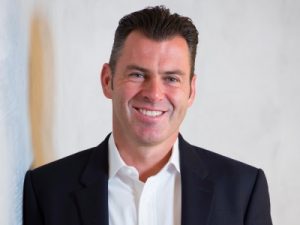 About the author
About the author
Charles Bendotti joined Philip Morris International in Lausanne in 1999 as Business Analyst.
From 2000 until 2006, he served in various cross-functional roles in Marketing & Sales and Business Development in different markets of the Eastern Europe, Middle East & Africa, and Latin America & Canada Regions. Mr. Bendotti then became Managing Director, Ecuador & Bolivia, followed by his appointment as Vice President, Human Resources for the Latin America & Canada Region in 2008. In 2012 he was named Vice President, Human Resources Asia, a position he held until December 2016, and then Senior Vice President, Human Resources.
Bendotti holds a master’s degree in international relations, economy, and law from the Graduate Institute of International & Development Studies in Geneva, Switzerland, and an Executive MBA from HEC Paris.





